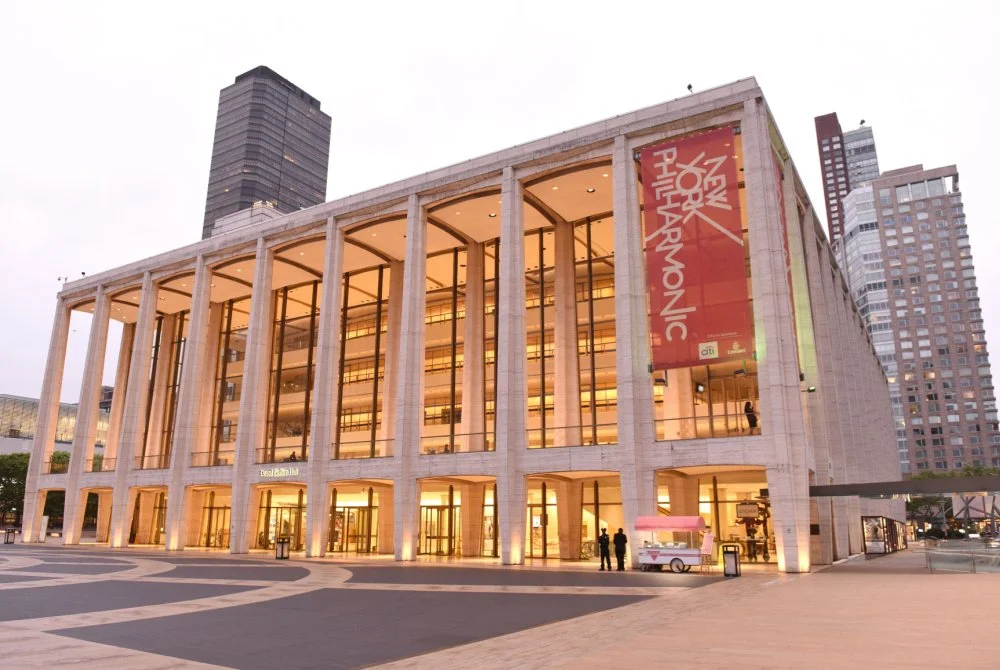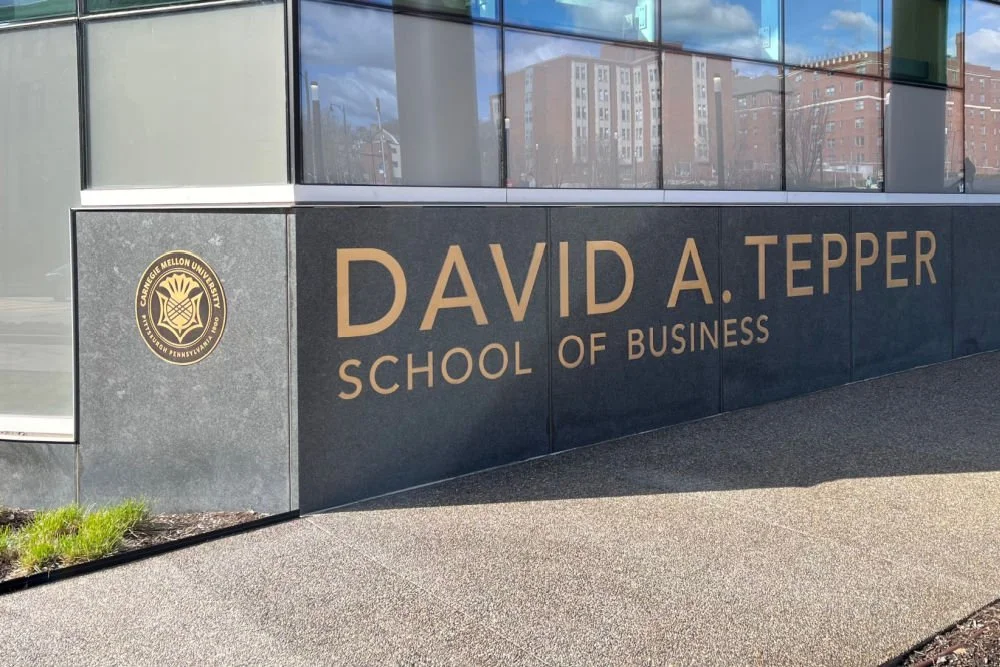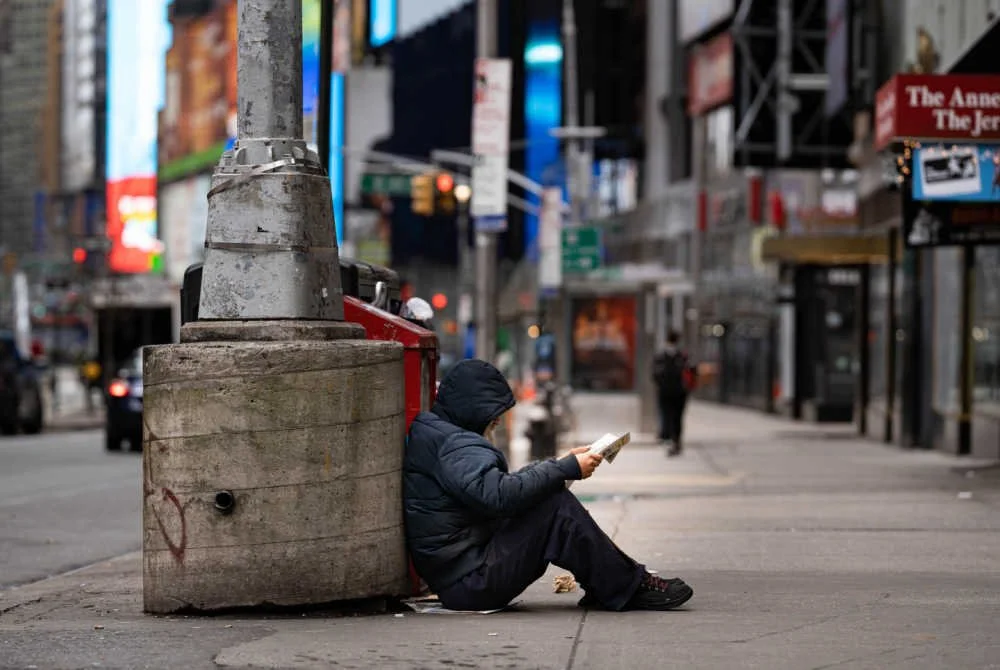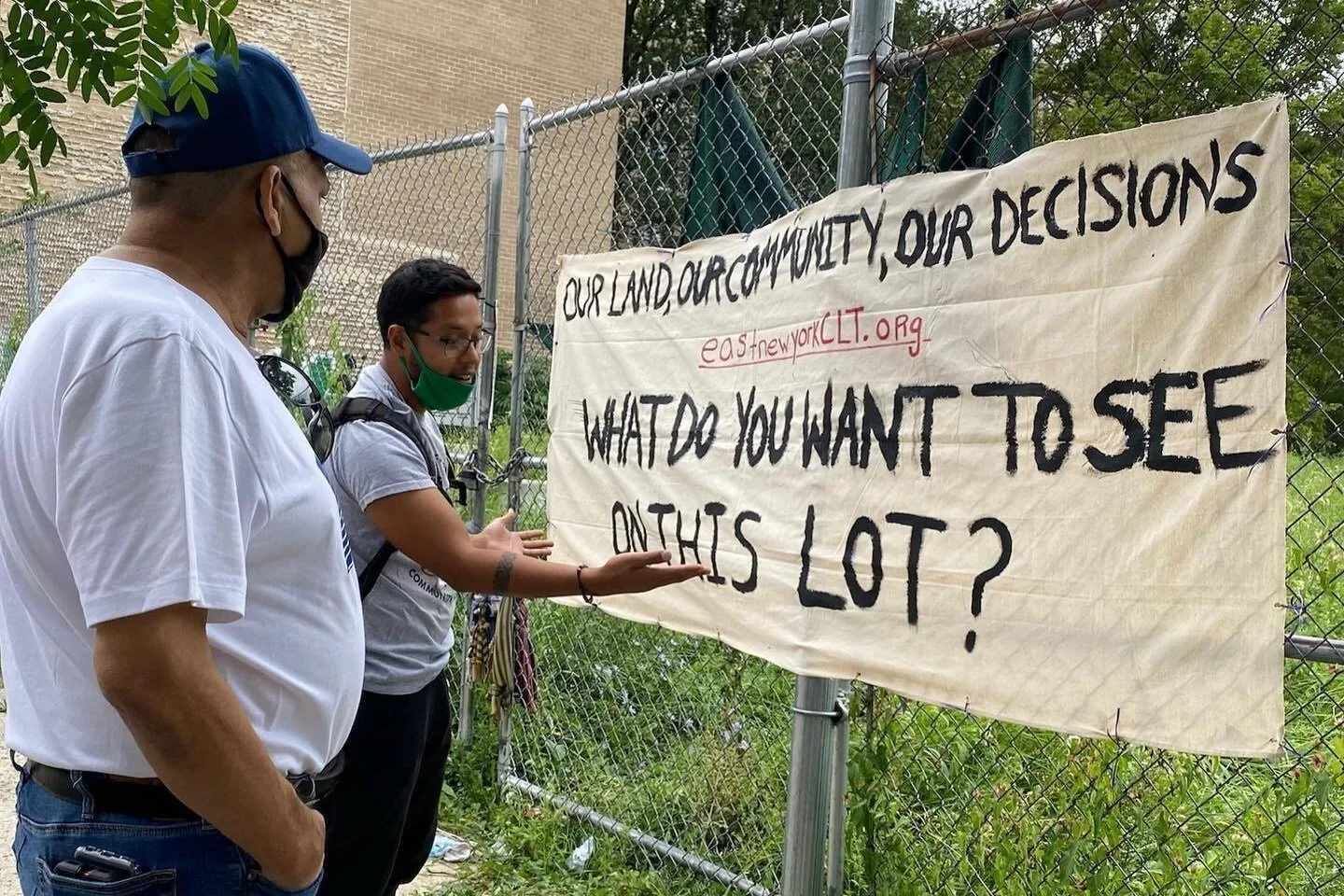At Robin Hood: Fund Locally, Think Nationally
/About three years ago, we published a piece titled, “What Robin Hood's New Board Members Bring to the Foundation,” which highlighted some interesting additions to the group's leadership. Laura Arnold was one of the prominent names back then because she and her husband have been known for big and bold national giving on issues like education, criminal justice, health and nutrition, and pension reform. While we tend to think of Robin Hood as a hub for New York-area hedge fund donors—who, indeed, are heavily represented on the group's board—this is also an organization keen to cultivate allies outside that orbit.
Robin Hood's recent announcement of five new board members underscores this point.
One of the new board members is Kaya Henderson, who is the former chancellor of DC Public Schools. John King Jr. is another new member and used to be the secretary of education under President Obama. King is the current leader of Education Trust. Joel S. Marcus, chairman, CEO, and founder of Alexandria Real Estate Equities, Inc. and Alexandria Venture Investments also joins the board. Robin Hood’s co-founder and former executive director, David Saltzman, is the fourth new member. And the last new member is Marta Tienda, Maurice P. During ’22 professor of demographic studies, professor of sociology and public affairs at Princeton University, and former director of the Office of Population Research.
The national tilt of Robin Hood's most recent board additions may cause some New York nonprofits to wonder if this move signals a shift in Robin Hood’s strategy. For the foreseeable future, though, its seems that Robin Hood will remain focused on its mission of fighting poverty in New York City—but with an eye on helping other places emulate whatever successes it achieves with its work.
Larry Robbins, who recently stepped into the position of the funder’s board and chief executive officer made the following statement in a March 6 press release:
Our collaboration with these national leaders reinforces our objective of using our long-term investment in fighting poverty in New York City to create a national conversation and export successful interventions and programs to those in need throughout the United States.
This makes a lot of sense, given that as a foundation that made $129 million in grants in 2015, Robin Hood is actually one of the biggest anti-poverty funders in the United States—albeit one with a tight geographic focus. It certainly should be thinking nationally about how to share its results.
Another thing that the appointment of these new board members seems to signal is that Robin Hood will be giving even more attention to K-12 education going forward. Of course, this is a long-time pillar of the group's grantmaking, but by bringing in such powerful board talent in this area, we can't help but wonder if something new and bigger is afoot in this area.
Meanwhile, on the staff side of things, Chief Program Officer Michael Weinstein is leaving Robin Hood to become the new executive director of Impact Matters. Emary Aronson, who’s been with Robin Hood for nearly 20 years now, will take over his spot for now. Prior to this, she has been overseeing the funder’s education program.





























